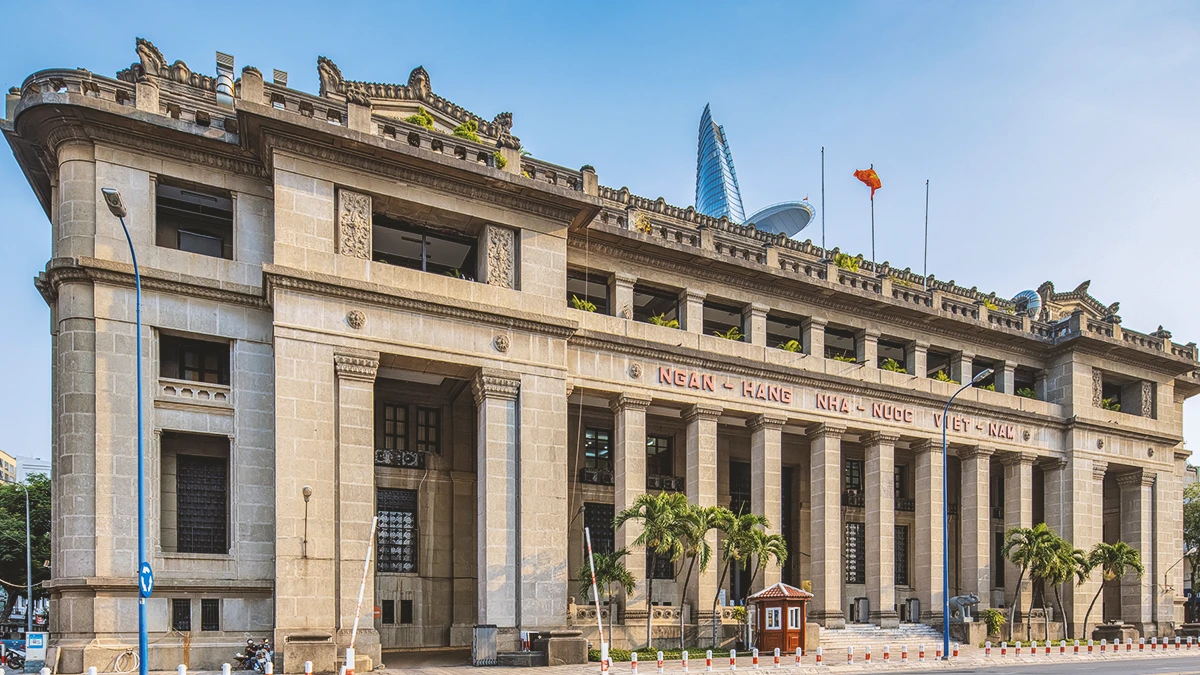Stay ahead with precise, independent journalism of APAC's insurance markets.
Experience 7 days of full access to premium insights
Already a member?
Login here
Emerging risks | Growth Opportunities | APAC Insurance
Dedicated hubs
Browse content

Stay ahead with precise, independent journalism of APAC's insurance markets.
Experience 7 days of full access to premium insights
Already a member?
Login here
Share this article